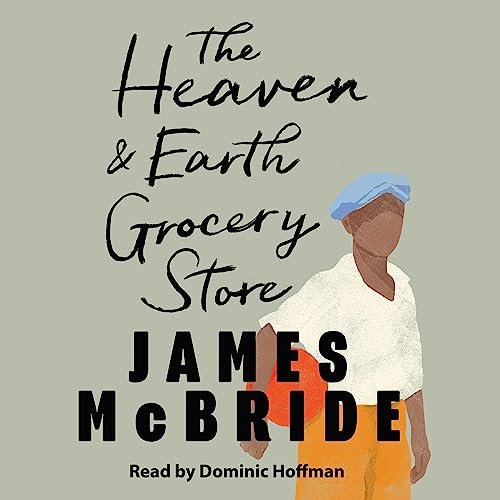Pomegranate: A novel that goes into the life of Ranita Atwater, a gay Black woman attempting to reinvent herself after serving a four-year jail term
“Pomegranate” by Helen Elaine Lee is a novel that goes into the life of Ranita Atwater, a gay Black woman attempting to reinvent herself after serving a four-year jail term for opiate possession. The plot progresses through a journey of healing, self-acceptance, and autonomy, tackling important issues such as the consequences of incarceration, the battle with addiction, and the search for identity and redemption.
Ranita’s story is a mash-up of present and previous events, highlighting her struggles to stay clean and rebuild her life while being tormented by her violent past. Her connection with her children’s father, Jasper, who introduced her to opiates, her spiral into heroin addiction with David Quarles, and her love for Maxine, a fellow convict, are all part of this. The story switches between first-person in the present and third-person for flashbacks led by Ranita’s recollections.
The novel has received accolades for its complex structure and wonderful storytelling. The title ‘Pomegranate’ is metaphorical, indicating Ranita’s hidden wealth, much like the fruit itself. The work is known for its vivid and emotional narrative, which explores Ranita’s difficulties addressing her past and her attempts to reconcile with her family and children.
Lee’s interpretation of Ranita’s character is purposefully complicated and multi-dimensional. Ranita’s inquisitiveness, intelligence, and problems as a recovering addict give an in-depth look at her life. This complexity seeks to build a realistic and authentic character, reflecting on the author’s personal experiences and perspectives as a Black woman. Ranita’s great love of words and tales is an important component of her personality, and it serves as a tool for her recovery and healing.
The novel’s analysis of the human need to confront the past to move ahead is a significant component. This journey is reflected in the alternating narrative structure between Ranita’s present and past, underlining the significance of reconciling with one’s history to comprehend and identify oneself. This conceptual grounding is critical for Ranita’s character development and the novel’s ultimate message.
The plot also dives into the elements that affect Ranita’s life. Her father instills important lessons and resources in her, such as intellectual curiosity and ethical values. Maxine, her lover, is critical in making Ranita feel recognized, appreciated, and loved, so encourages her constructive rebellion. Ranita’s path is further aided by Auntie Jessie’s lessons regarding love as a discipline. These factors emphasize the significance of community and connections in human development and healing.
“Pomegranate” is therefore a gripping story that offers a profound view into the life of a lady grappling with her past and present, dealing with issues of addiction, jail, love, and identity. Helen Elaine Lee’s insightful and empathic portrayal of Ranita’s journey elevates it to the forefront of current writing, particularly in its consideration of queer Black femininity and the marginalization suffered in America. The novel’s emphasis on loss, healing, redemption, and strength emphasizes the human spirit’s tenacity in the face of hardship.
Sources: Kirkus Reviews, Publishers Weekly, BookBrowse









